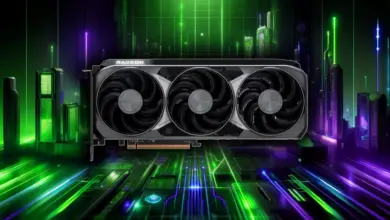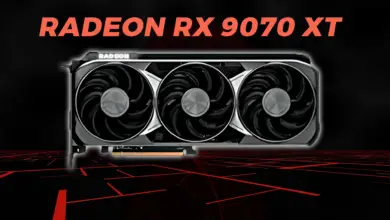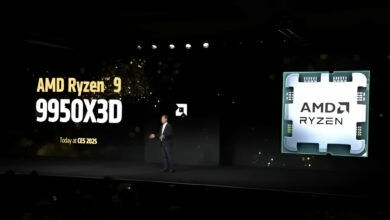CPU utilization is a critical metric that directly impacts your gaming experience. It measures the percentage of your CPU’s processing power in use at any given time.
When CPU utilization is low during gaming, it can lead to a range of issues, including stuttering, lag, low frame rates, and unresponsive controls.
In this guide, we’ll explore the reasons behind low CPU usage in games and provide practical solutions to help you unlock the full potential of your gaming rig.
The Impact of Low CPU Usage on Gaming Performance
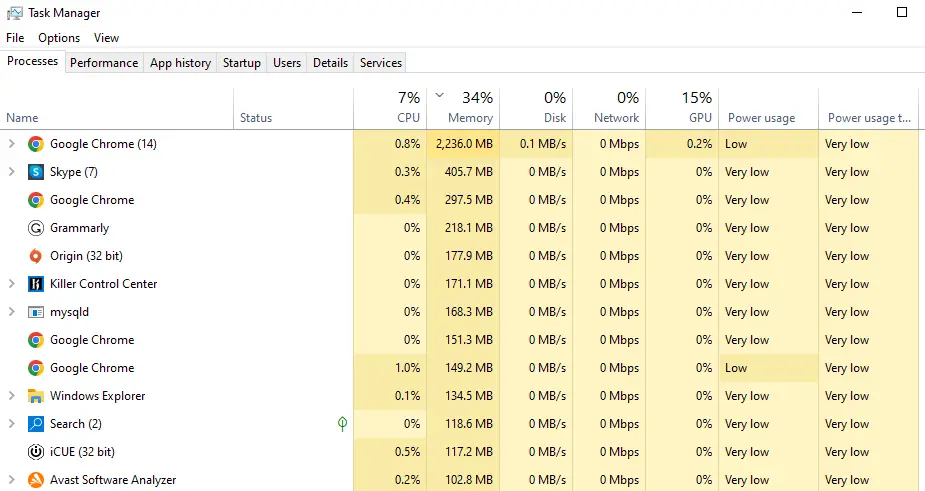
Before delving into the solutions, it’s essential to understand how low CPU utilization affects your gaming experience. Your CPU plays a pivotal role in running games, handling complex calculations, AI interactions, physics simulations, and rendering graphics. When your CPU isn’t fully utilized, it means that your gaming rig is not operating at its peak efficiency. This can result in the following issues:
Game Stuttering and Lagging
When your CPU is underutilized, games may frequently stutter or lag. This means that in the middle of gameplay, you might experience sudden freezes or noticeable delays in the game’s responsiveness. These interruptions can make it difficult to enjoy a seamless gaming experience and disrupt your immersion in the virtual world.
Low Frame Rates
Low CPU utilization can lead to decreased frame rates, which determine how smoothly the game animations and graphics appear on your screen. When the CPU is not fully engaged, it struggles to deliver a consistent number of frames per second (FPS), resulting in choppy or jerky visuals. Low frame rates can make the game feel less immersive and hinder your ability to perform well in competitive scenarios.
Unresponsive Game Controls
Insufficient CPU utilization can result in unresponsive game controls. When the CPU can’t process input from your controller or keyboard quickly enough, you may experience delays in actions like shooting, jumping, or moving. These delays can make it challenging to react promptly in fast-paced games and can lead to frustrating outcomes.
Game Freeze and Crashes
In extreme cases of low CPU utilization, games may freeze or crash altogether. When the CPU can’t handle the game’s demands, it might become overwhelmed, leading to a game freeze where everything comes to a halt. In some instances, the game might crash, forcing you to restart and potentially lose progress.
Overall Gaming Experience
Low CPU utilization can significantly impact your overall gaming experience. Instead of immersing yourself in the game’s world, you may find yourself constantly battling performance issues. These issues can create frustration and diminish the enjoyment of your gaming sessions, particularly if you’re unable to achieve the desired level of performance
Now, let’s explore the root causes of low CPU utilization in games and the steps to fix this issue:
Common Causes of Low CPU Utilization in Games
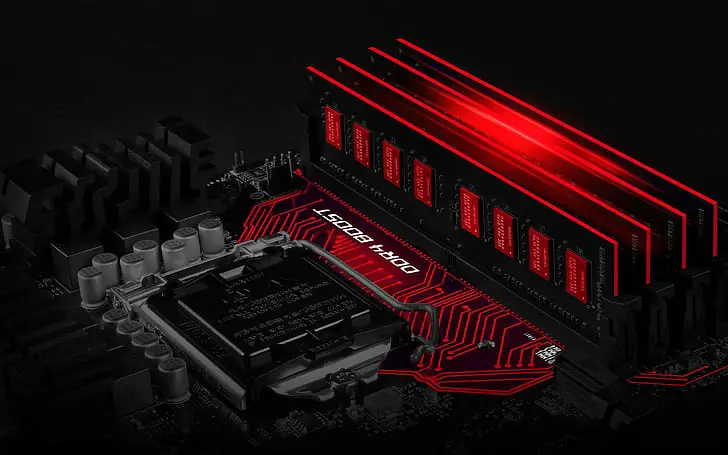
There is not one but several things that can affect the CPU utilization. It can be related to the hardware itself, the game or the operating system. The following causes are the most common factors that affect CPU utilization.
Insufficient Hardware Specifications
One of the primary culprits behind low CPU utilization in games is insufficient hardware specifications. If your computer’s CPU lacks the processing power needed to handle the demands of a particular game, it will struggle to utilize the CPU effectively. This can lead to lower-than-optimal CPU usage and result in performance issues such as stuttering and low frame rates. To avoid this problem, it’s essential to ensure that your computer meets or exceeds the game’s minimum hardware requirements.
Incompatibility with the Game
Incompatibility with the game itself is another frequent cause of low CPU utilization. This occurs when a game is not designed to work seamlessly with your specific hardware or operating system. Incompatibility issues can restrict the CPU’s ability to engage fully, leading to reduced utilization. To address this, it’s crucial to check the game’s system requirements and ensure that your computer aligns with them. Additionally, keeping your hardware drivers and the game itself up to date can help mitigate compatibility issues.
Overclocking and Underclocking
Overclocking and underclocking your CPU can also contribute to low CPU utilization in games. Overclocking involves pushing your CPU beyond its default clock speed, while underclocking reduces it. Both practices can affect how the CPU operates during gameplay. Overclocking, when not properly configured, may lead to overheating and throttling, causing the CPU to underperform. Conversely, underclocking can limit the CPU’s ability to provide the necessary processing power, resulting in suboptimal utilization.
Background Processes and Applications
Background processes and applications running on your computer can consume a significant portion of the CPU’s resources, leaving less available for the game. This scenario is a common cause of low CPU utilization in games. Tasks like software updates, system maintenance, or resource-intensive applications running in the background can divert processing power away from the game. To mitigate this issue, it’s advisable to close unnecessary background processes and applications before launching a game to free up CPU resources.
Outdated Drivers
Outdated drivers can also hinder CPU utilization in games. Drivers serve as essential communication links between your computer’s hardware and the operating system. When drivers are outdated, they can introduce compatibility problems and prevent the CPU from operating at its full potential. To address this, regularly check for driver updates and install them promptly to ensure optimal performance during gaming sessions.
Solutions to Fix Low CPU Utilization in Games
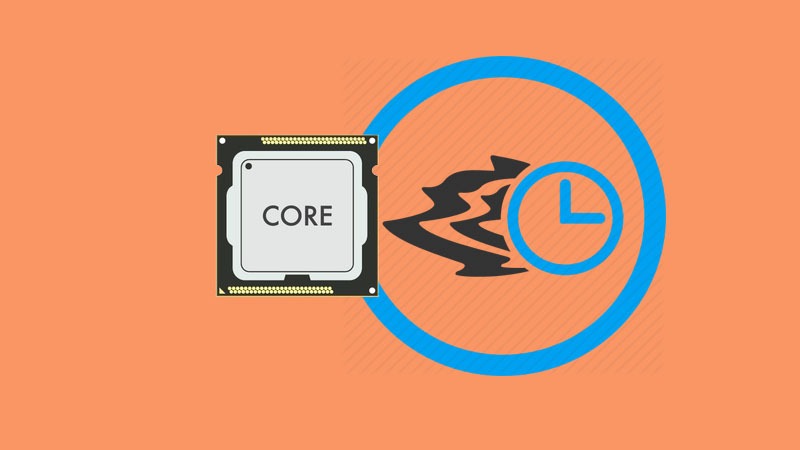
As we have understood how each factor affects CPU utilization in gaming, it makes it easy for us to know what to do next. With the following steps, you can ensure more CPU utilization in games resulting in better gaming performance.
Upgrading Hardware Components
Upgrading your computer’s hardware components, particularly the CPU, is one of the most powerful solutions. If your current CPU isn’t robust enough to handle the demands of modern games, swapping it out for a more powerful model can significantly boost game performance. Keep in mind that this solution may require a compatible motherboard, so research thoroughly before making any hardware changes.
Optimizing Game Settings
Adjusting in-game settings can have a substantial impact on CPU utilization. Lowering graphics settings, disabling unnecessary features like motion blur or anti-aliasing, and reducing the number of background processes can free up CPU resources for the game. Experiment with different settings to find the right balance between visual quality and performance.
Closing Background Processes and Applications
Background processes and applications can hog CPU resources, leaving little room for your game to operate efficiently. Before launching a game, close unnecessary programs running in the background, such as web browsers, streaming apps, or system utilities. This can free up CPU capacity and result in smoother gameplay.
Updating Drivers
Outdated drivers can lead to compatibility issues and reduced CPU utilization. Ensure that your graphics card, motherboard, and other hardware components have the latest drivers installed. Regularly check for updates from the manufacturers’ websites and install them as needed to optimize performance.
Checking for Compatibility Issues
Compatibility problems between your hardware and the game itself can contribute to low CPU usage. Verify that your system meets the game’s minimum system requirements, including CPU specifications. Additionally, check for compatibility issues related to your operating system and hardware components, and address them accordingly.
By applying these strategies, you can address low CPU utilization in games and unlock the full potential of your gaming rig. Each method plays a crucial role in optimizing performance, ensuring a smoother and more enjoyable gaming experience.
Final Words
Low CPU utilization in games can be a frustrating roadblock to an immersive gaming experience. Identifying the underlying causes and implementing these solutions can help you unlock the full potential of your CPU and enjoy smoother, more responsive gaming sessions. By taking these steps, you can bid farewell to low CPU usage and elevate your gaming performance to new heights.


